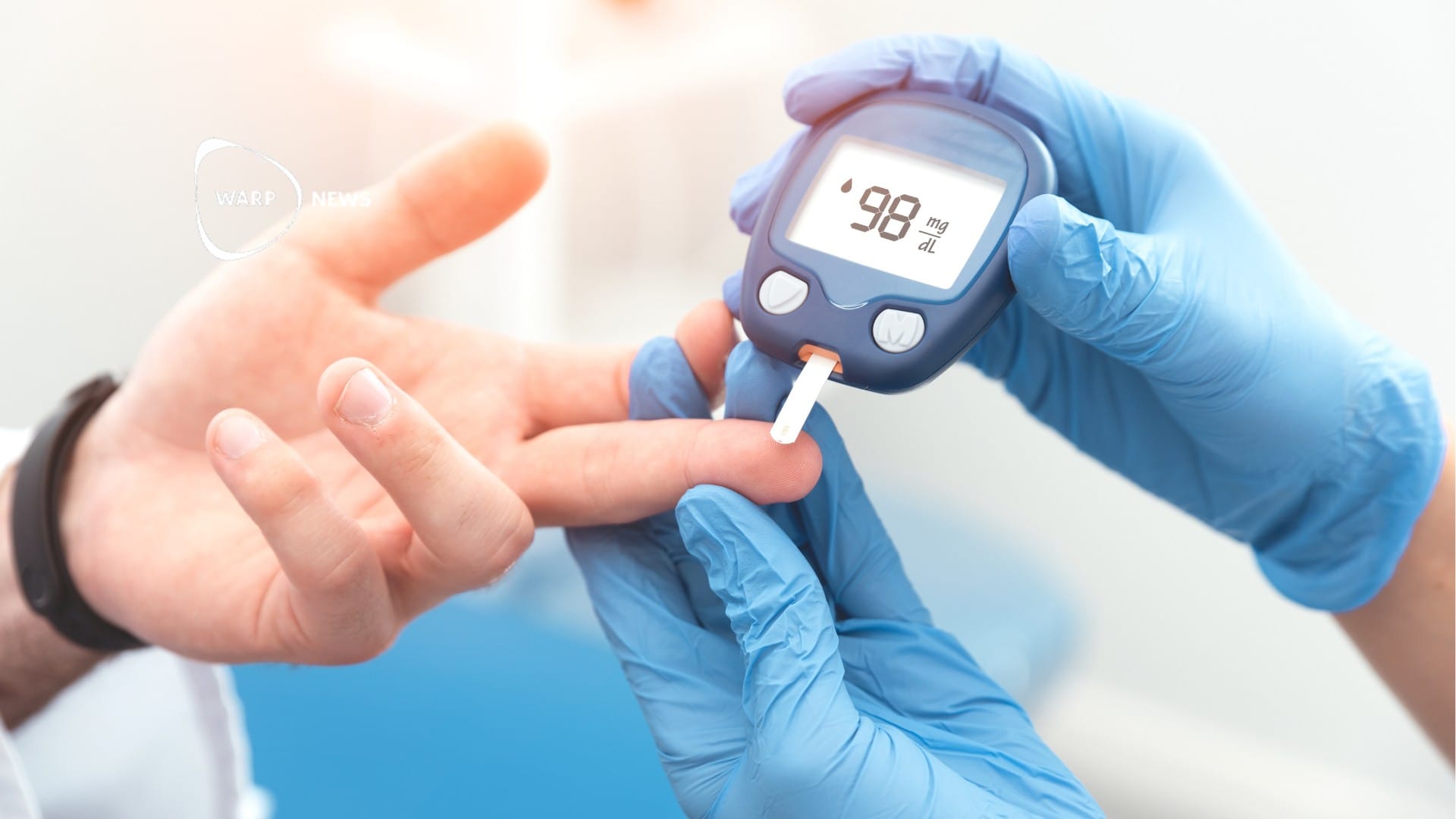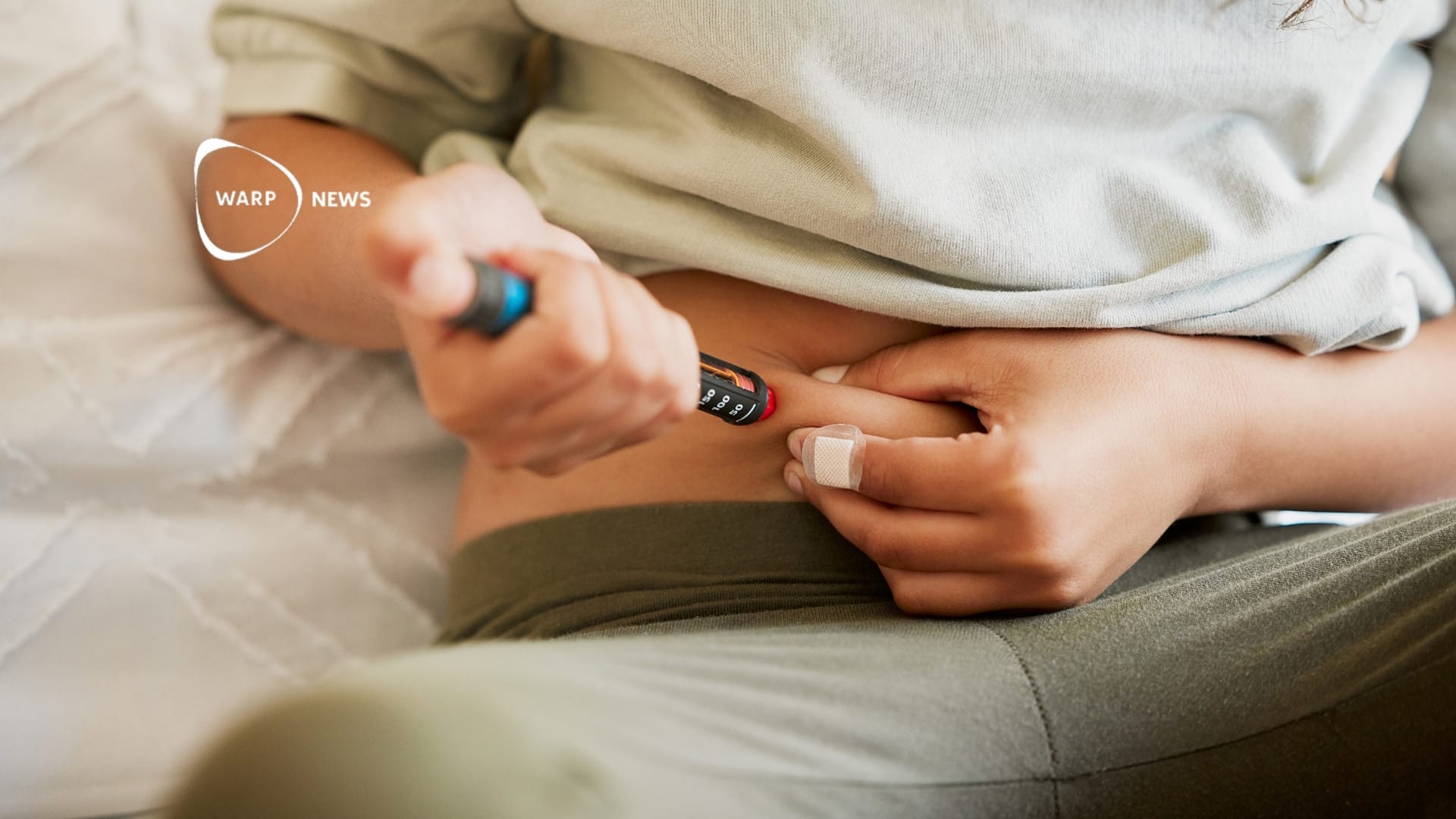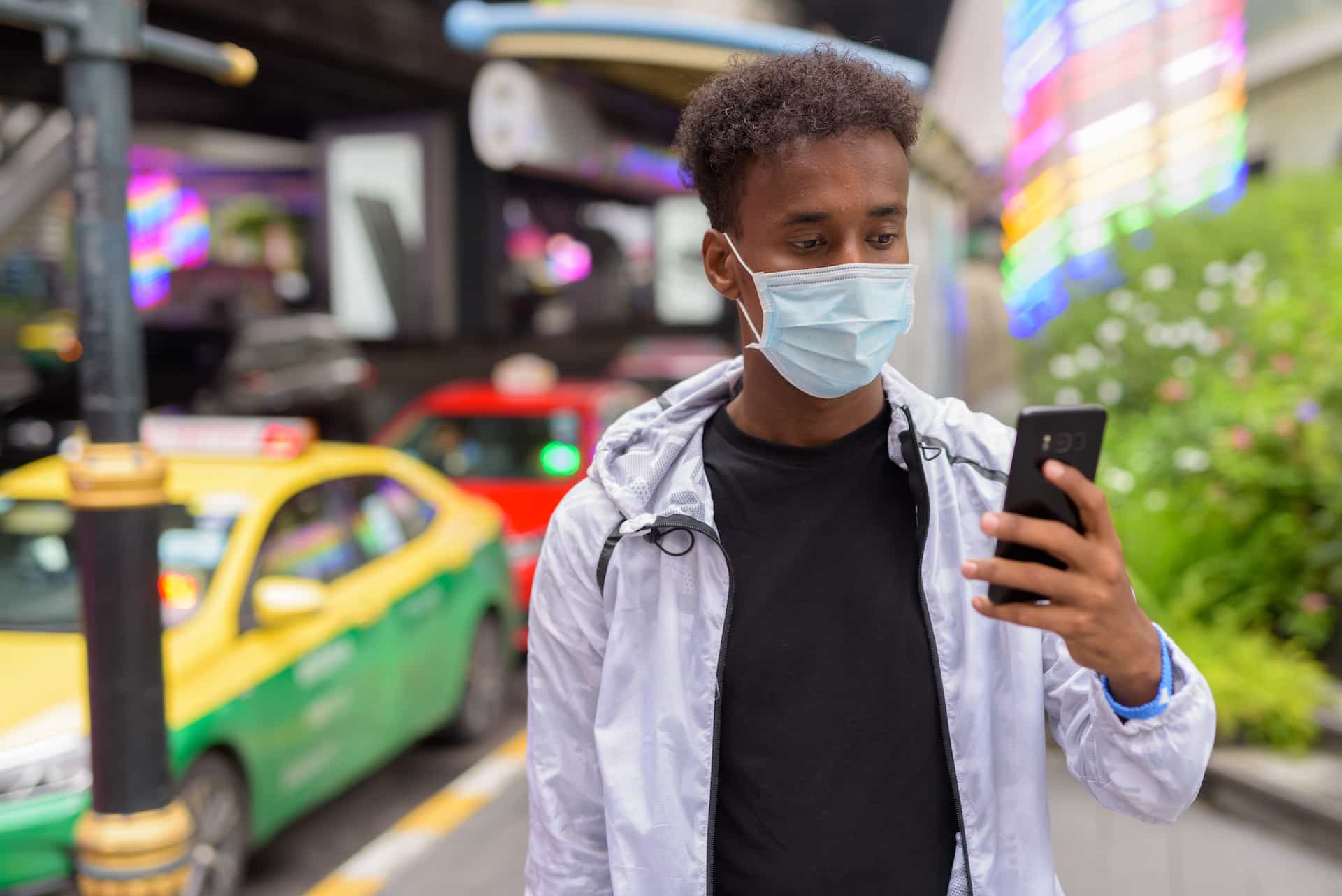
😷 How southern Africa uses apps to fight covid
Some countries in southern Africa have used apps in the fight against covid-19. It has been beneficial according to a study. Now, Zimbabwe has developed an app that helps the user recognize symptoms.
Share this story!
On January 30, 2020, the Director General of the World Health Organization (WHO) declared the outbreak of the coronavirus disease (COVID-19) as a Public Health Emergency of international concern. Globally, millions of people have been infected and affected, and 3.2 million have died.
In southern Africa, Covid-19 cases surged around March, 2020. Since then, the number of cases rose steadily although they have diminished in recent months due to various interventions introduced by governments in the region to terminate the spread of the deadly pandemic.
The interventions instituted included lockdowns, travel restrictions, restrictions on social gatherings and others.
To escalate the fight against Covid-19, African countries tapped into Information Communication Technologies (ICTs) to halt the spread of the pandemic and detect it in human bodies.
In April, 2021, Ghana launched a COVID-19 Tracker App designed to help in tracing people who have come into contact with COVID-19 positive individuals.
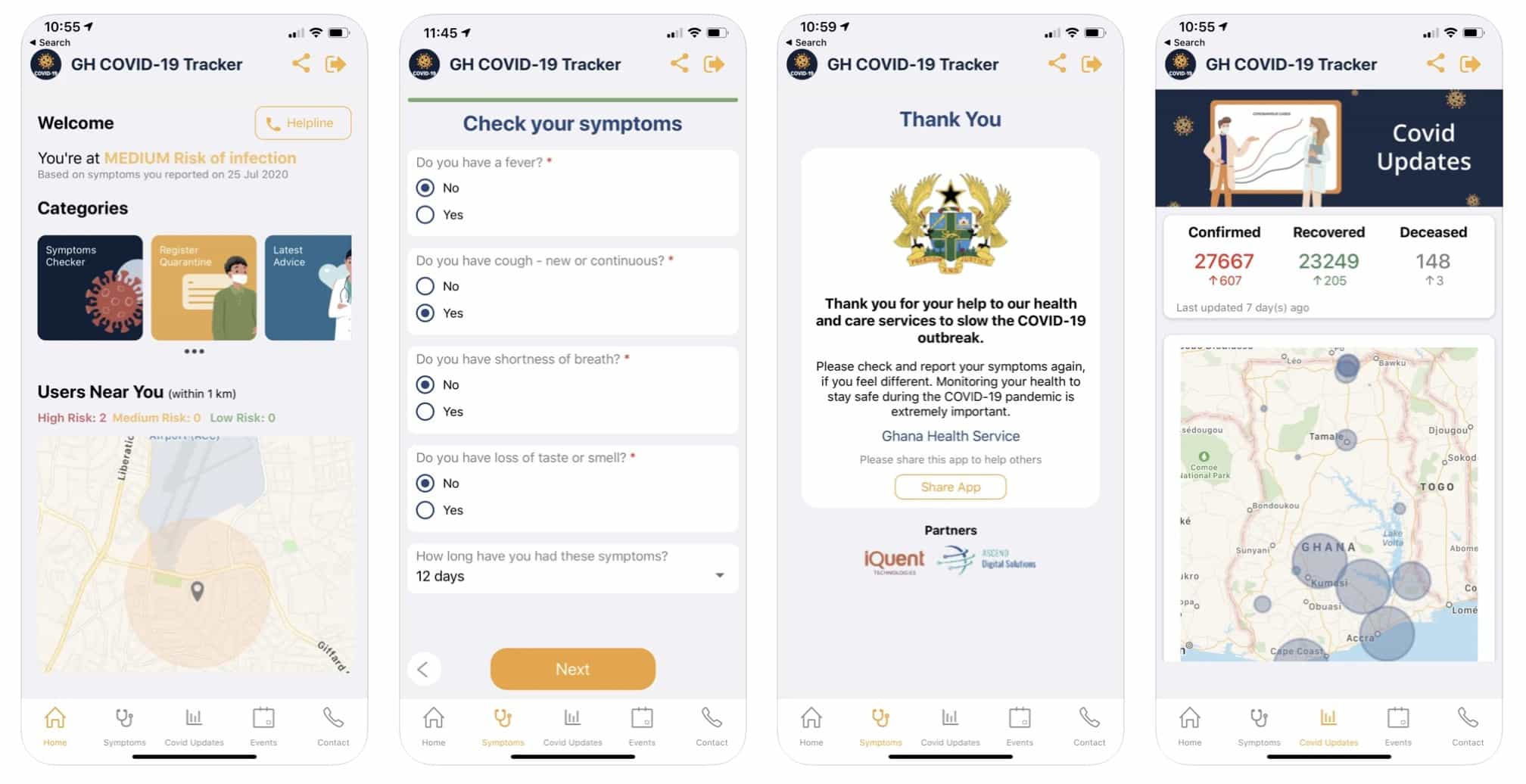
According to ITU News, the app is meant to augment the government’s effort in the fight against the global pandemic. The app is able to trace contacts of persons infected by the virus and show where they have been in recent times through various telephone-related data, and link people to health professionals for urgent action to be taken.
The app, through the same telephone-related data, is also able to report contacts of people who are, or recently have been to countries with a vast spreading of the virus, as well as track whether individuals required to self-quarantine, are complying.
Ghana’s Vice President, Dr Mahamudu Bawumia told ITU News that the gathering and availability of data have played a significant role in that country’s battle against COVID-19.
In 2020, countries that launched similar or related apps included, South Africa, Uganda and Namibia.
App recognizes symptoms
Fast-forward to 2021, on April 22 Zimbabwe also launched the ZimCovid Safe App, which was created to help members of the public ascertain if they have been exposed to the deadly virus and when they should seek health care.
According to The Herald, users of this application which can be downloaded free of charge on Google Play or Apple Store, are asked a series of questions and responses are used to determine if one is at risk of Covid-19 or not.
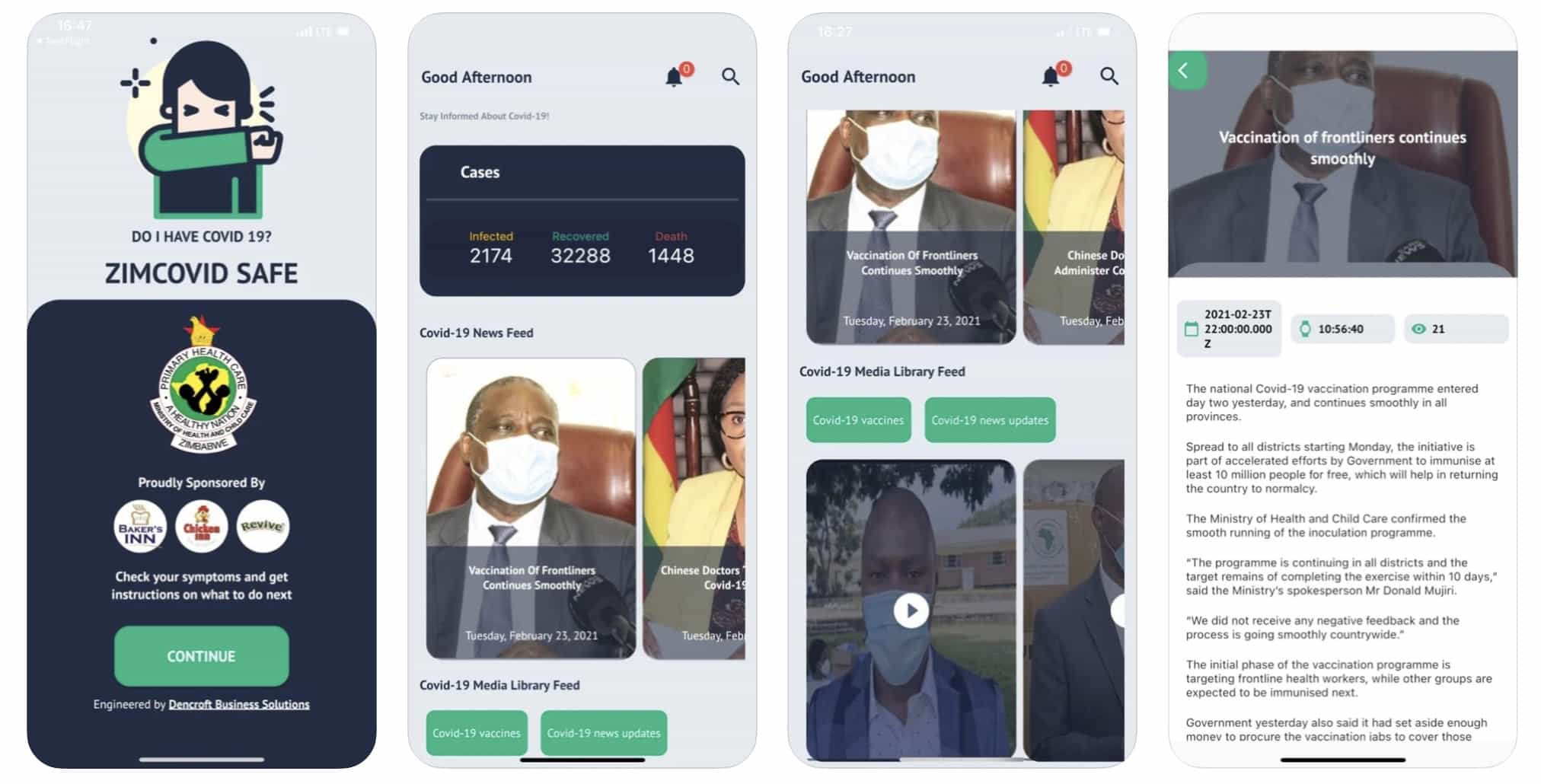
The app recognizes what might be Covid-19 symptoms and determines if one should continue monitoring symptoms or seek treatment. The app can also direct the user to the nearest testing facility and gives updates about statistics.
But not only that, the user will also be able to to access information on their level of risk based on past contacts, places visited and symptoms.
According to a research paper titled, “Exploring the effectiveness of telehealth interventions for diagnosis, contact tracing and care of Corona Virus Disease of 2019 (COVID19) patients in sub Saharan Africa: a rapid review” interventions are effective in providing information for referrals for potential patients infected by the COVID 19 and a convenient access to routine care without the risk of exposure.
“In countries such as Nigeria, mobile positioning data significantly improved decision making, capacity and scope of contact tracing and surveillance of known contacts of confirmed cases,” the paper reads.
The paper also noted that collaborations between the government, mobile network operators, and technology companies were utilized for successful mobile positioning data tracing interventions for COVID 19 patients. Mobile applications such as the Vula platform, (which is the University of Cape Towns open learning system), were also noted as effective in providing psychological support to health care workers attending to patients.
As of April 26, 2021, Zimbabwe’s cumulative COVID-19 cases stood at 38 102, with 35 149 recoveries and 1 560 deaths. The recovery rate stands at 92.2%. Active cases are 1393.
Zimbabwe aims to achieve the 10 million herd immunity by year-end, with over 300 000 people having been vaccinated by April 23, 2021.
Zimbabwe and many countries around the globe are hopeful that the Covid-19 vaccine will herald a new beginning.
🗳 Since democracy is crucial in a fact-based optimistic world... we remind our readers of the democratic status of the countries we write about:
Zimbabwe has a Global Freedom Score of 29 and has the status Partly Free.
By becoming a premium supporter, you help in the creation and sharing of fact-based optimistic news all over the world.
